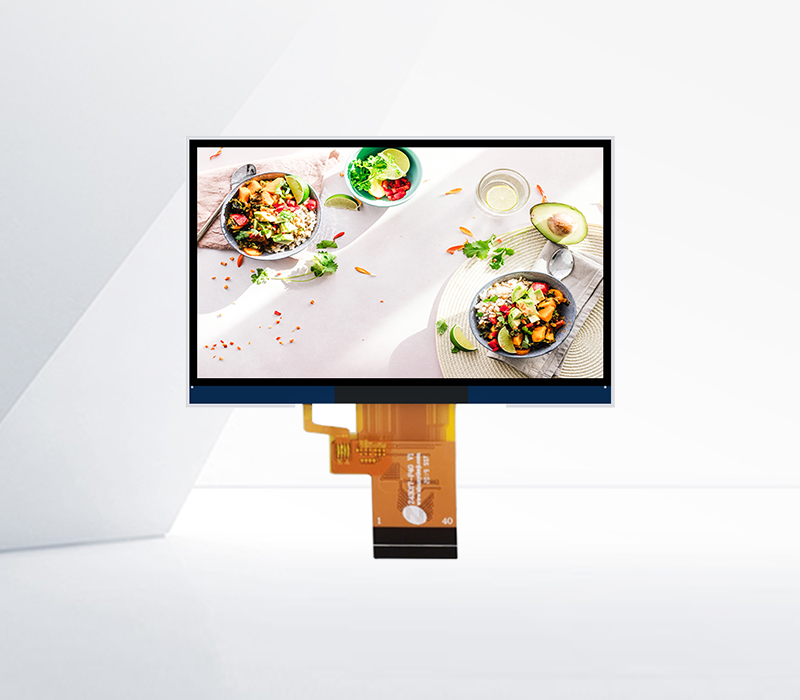




LCD hard screens are a distinct type of LCD display with unique characteristics. The term "hard screen" refers to the physical properties of the screen surface.
One of the main features of an LCD hard screen is its rigidity and durability. Compared to some other types of LCD screens, the hard screen has a more solid and less - flexible structure. This makes it more resistant to physical damage. For example, it is less likely to be scratched or dented when exposed to accidental impacts or rough handling. In public environments such as kiosks or digital signage, where the display may be subject to various types of abuse, the LCD hard screen can maintain its integrity and functionality for a longer period.
The hard screen also offers better image quality in some aspects. The rigidity of the screen surface can contribute to more accurate color reproduction. Since the surface is less likely to deform, the liquid crystal molecules can be more precisely aligned, which is crucial for displaying accurate colors. Additionally, the viewing angle performance may be improved. The flat and rigid surface helps to maintain a more consistent viewing angle, reducing the distortion or color shift that may occur when viewing from different angles on a more flexible screen.
In terms of touch functionality, if the LCD hard screen is designed for touch - based interaction, it can provide a more stable and reliable touch experience. The rigidity of the screen allows for better calibration of touch sensors. When a user touches the screen, the sensors can more accurately detect the touch location, resulting in more precise input. This is especially important for applications such as touch - screen kiosks in shopping malls, airports, or museums, where users need to interact with the display quickly and accurately.
Furthermore, the manufacturing process of LCD hard screens may involve different techniques compared to other LCDs. Special materials and construction methods are used to achieve the desired hardness and rigidity. These processes ensure that the screen can meet the requirements for durability, image quality, and touch performance. Overall, LCD hard screens are a great choice for applications where robustness, good image quality, and reliable touch functionality are desired.
